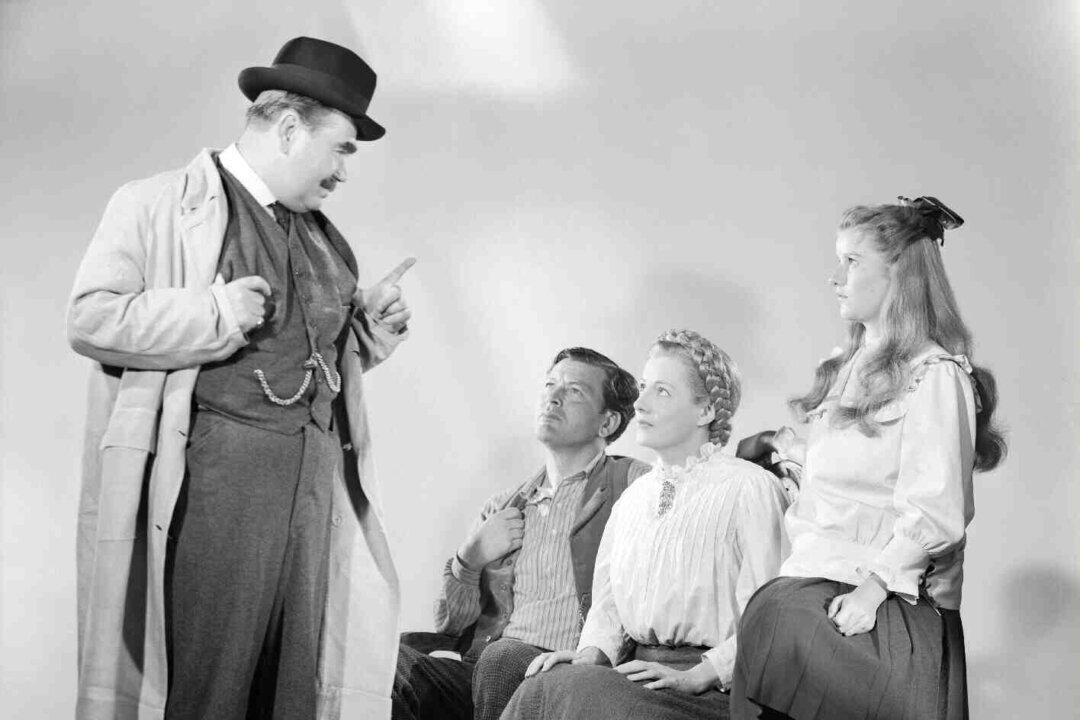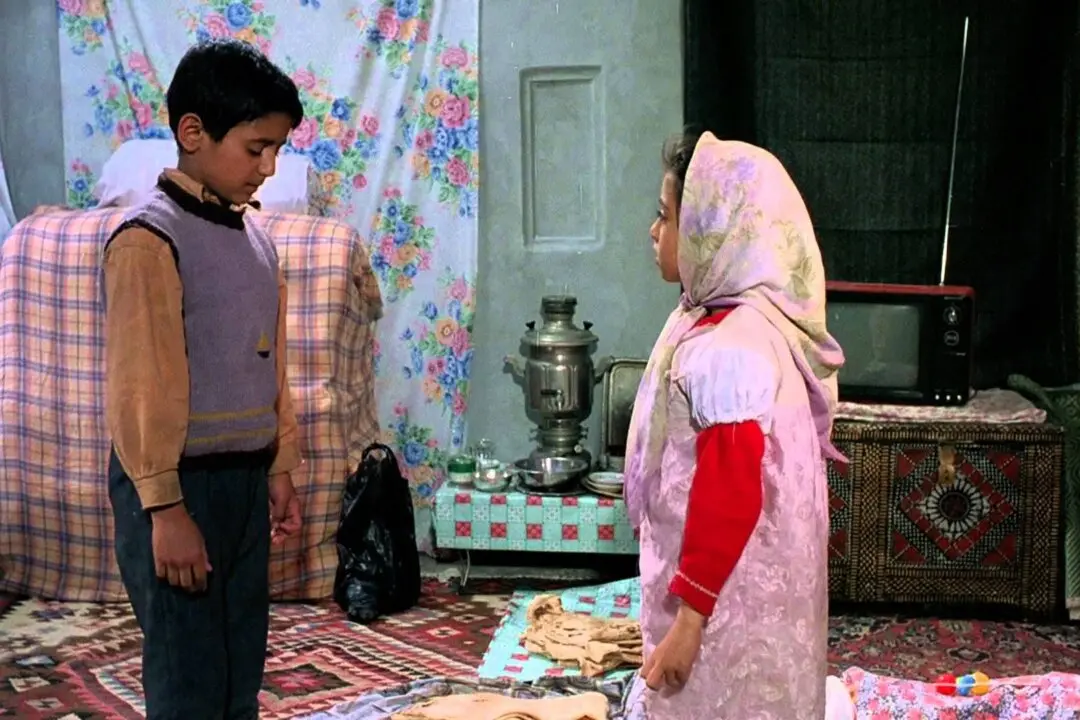NR | 2h 14m | Drama | 1948
Winsome Irene Dunne was no stranger to playing a mother, sacrificing and resilient amid adversity. In “Penny Serenade” (1941) and “It Grows on Trees” (1952) she excels at playing a young mother. But it’s in “I Remember Mama” (1948), playing an aging mother and a Norwegian to boot, that she outdoes herself. Nominated for five Oscars, the film draws on DeWitt Bodeen’s screenplay, adapted from John Van Druten’s stage play, in turn inspired by Kathryn Forbes’s novel.





